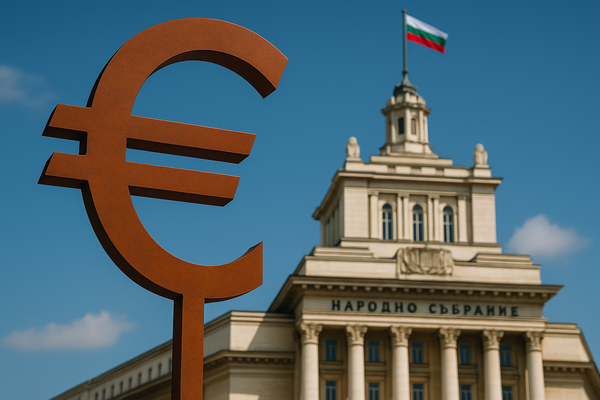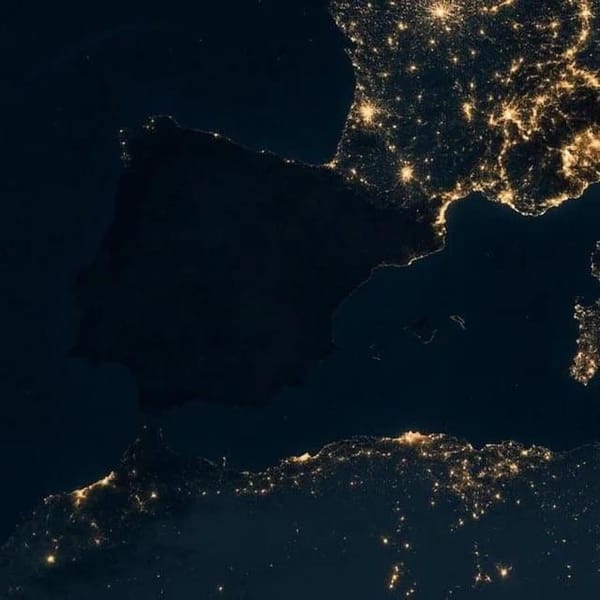
ECB steadies borrowing costs after year of hikes
The European Central Bank (ECB) left interest rates unchanged this week for the first time in over a year.
Thursday was the bank’s first meeting with no change after increases back to July 2022 that pushed the ECB interest rate to a high of 4%.
As inflation falls, the ECB, like the US Federal Reserve and other central banks, is holding borrowing costs steady, albeit at high levels.
Lagarde stands by high inflation rates
ECB President Christine Lagarde noted a broad decline in inflation to 4.3% in September and said high rates would help drive back inflation to the bank’s goal of 2% if maintained for a sufficiently long duration.
Lagarde also did not rule out further rate increases, depending on how the fight against inflation progresses, declining to say it has peaked.
Inflation hit 10.6% in the Eurozone in October, and worries now are growing about weakening economic growth and even a possible recession.
ECB sets three main rates
On Thursday the ECB’s Governing Council announced it will maintain the three key ECB interest rates, keeping its medium-term inflation outlook.
The interest rate on the main refinancing operations and the interest rates on the marginal lending facility and the deposit facility will remain unchanged, respectively at 4.5%, 4.75% and 4%.
Inflation dropped markedly in September, including due to strong base effects, and most measures of underlying inflation have continued to ease, it wrote in a press release.
The Council’s past interest rate increases continue to be transmitted forcefully into financing conditions, dampening demand and thereby helps push down inflation, it added.
The Governing Council said it is determined to ensure that inflation returns to its 2% medium-term target in a timely manner.
Lagarde noted that the economy was expected to stay weak through the end of the year, while the wars in Ukraine and the Middle East could create uncertainty and hurt economic growth in Europe.





